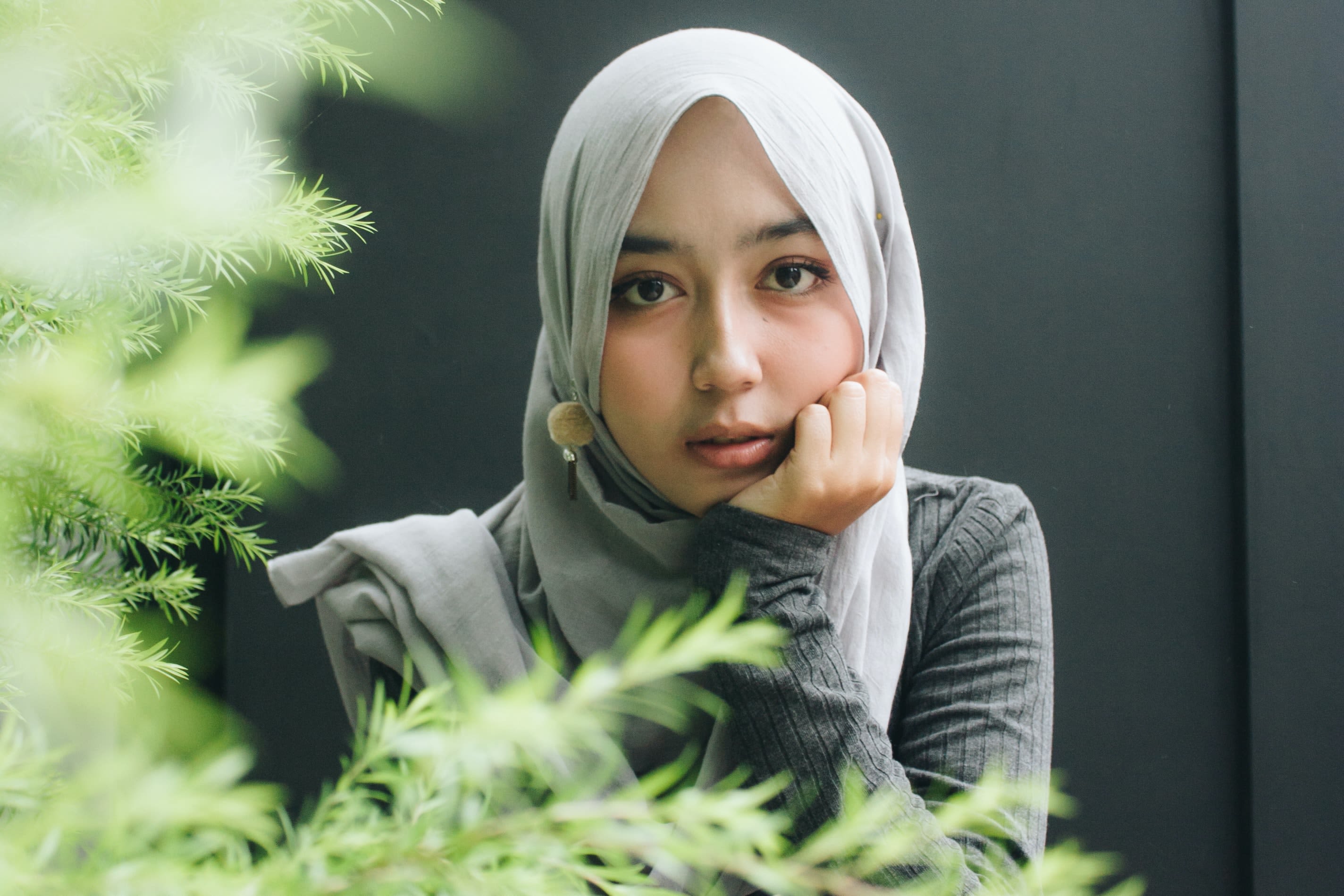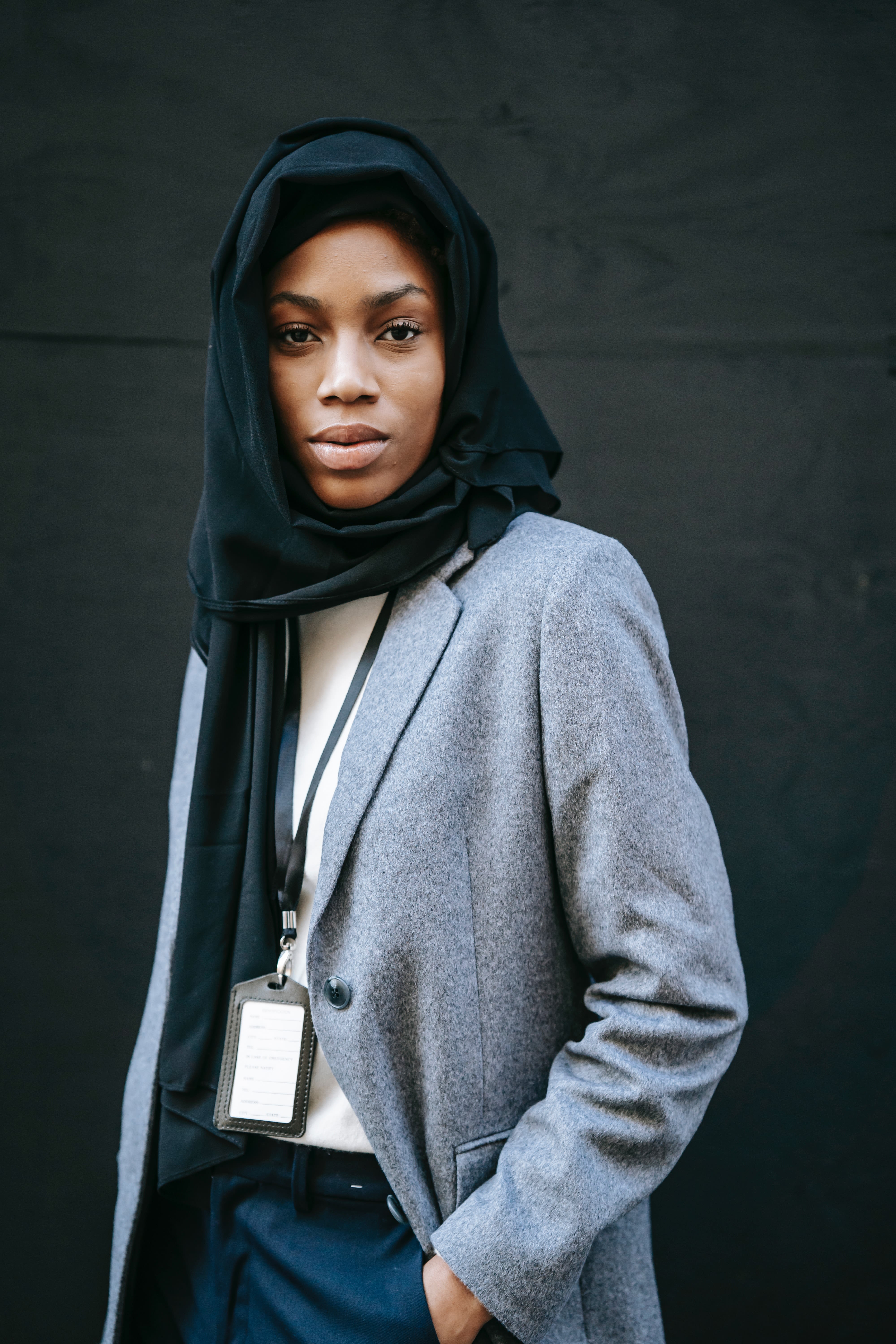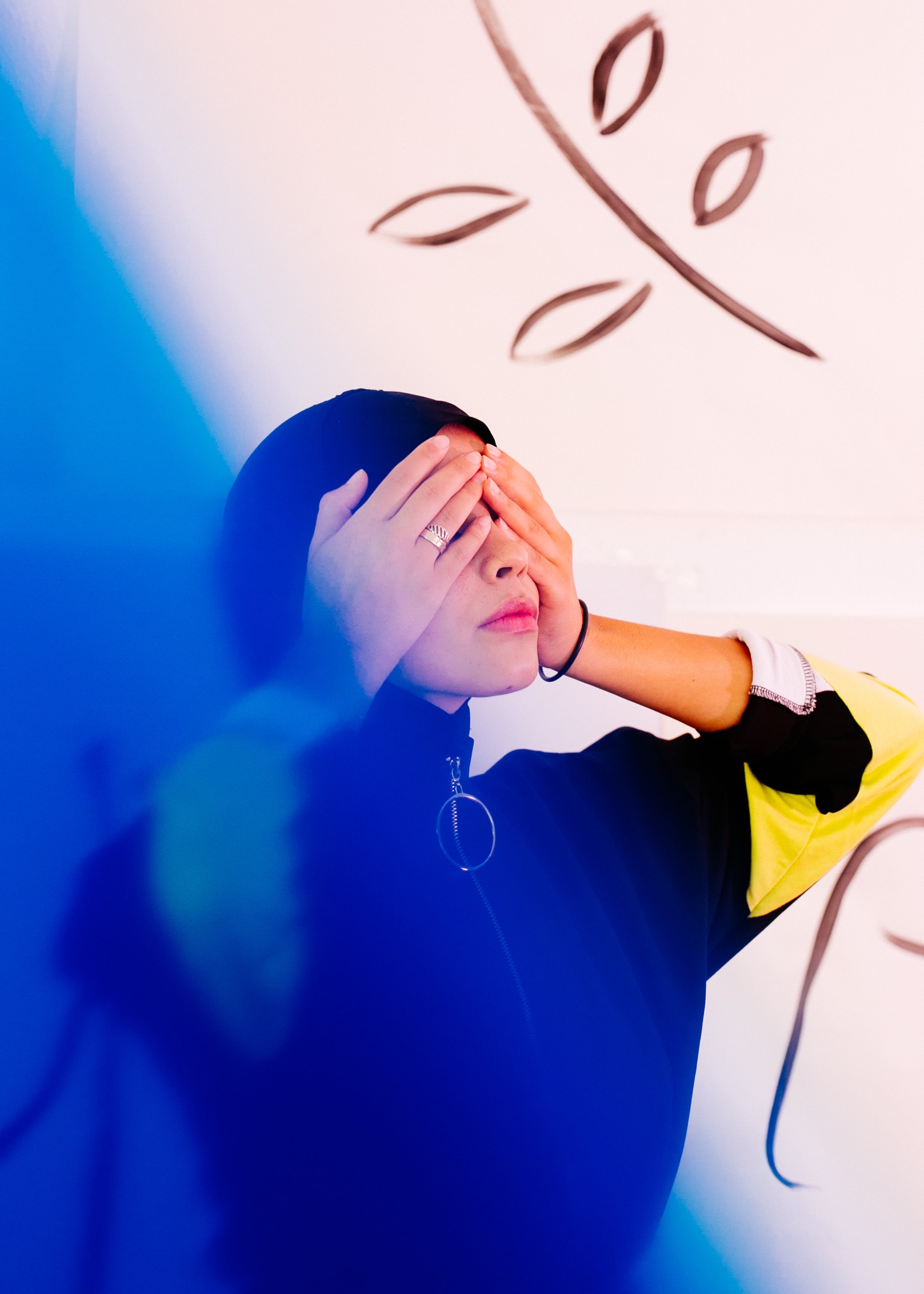Unheard Voices
What Muslim women say about the impact of Islamophobia on being isolated.

Stories from Toronto, Ottawa, Waterloo, and Montreal. Four Canadian Muslim women share their experiences about how Islamophobia creates a social stigma; that increases distress and feeling that they are outsiders.




The "Outsider"
"It's realizing that you will always be seen as an outsider."
Malak El-Batroukh, a fourth-year student at Wilfrid Laurier University in Waterloo, said the biggest challenge is trying to separate her identity from her hijab.
She said after the incident of a Muslim family being killed in London last summer, the true colours of their community were revealed.
"There was also an incident where a guy was talking to visibly Muslim girls in the Waterloo Region a week after the London incident," Malak said. "It scared a lot of young Muslim girls because we realized we can't even go out at night without being afraid. Something might happen to us."
To overcome these challenges, Malak suggested that the Muslim Students' Association community must become more involved with other students at the university.
"They've hosted events where everyone, not just Muslims, can participate, to showcase that we want to be a part of a big community, and we want to show everyone the true meaning of Islam," she said.
"We want to broaden our horizons, talk to people of different faiths, whether they're Muslim, Christian, Atheist, or Jewish, but we want to make sure that everyone is treated equally as it's a humanitarian issue."
See Malak's Story
Being Ignored
"I always face the question, 'Why do you have it on? I was told once that our men are always controlling us and treating us like slaves."
Alia Al-Qazzaz, a caseworker at a violence against women shelter in Toronto, stated that discrimination often leads to isolation.
"In my line of work, I've seen a lack of communication from service providers, discrimination, language barriers, misunderstanding, and ignorance," she said.
When asked about a solution, she replied, "I firmly believe that many solutions to different problems in the world stem from education."
"Representation in the education system, such as Muslim figures who have contributed to Canadian society, especially hijabi women, can help," Alia explained. "Educational cartoons featuring hijabi women can also expose people to different appearances, making them more tolerant of those who don't look like them."
She also emphasized the importance of allowing Muslim women to exist and be themselves, listening to their stories, and providing them with platforms to express themselves if they choose to do so.
See Alia's story
Lack of Acceptance
"It's really hard for me to be happy about my job and go to work when many people aren't accepting of my religion and culture."
Noha , a student at the University of Ottawa, said that After the family's tragic killing in London, Noha said she was always wary and looked behind her to ensure that no one would hurt her. "It's a significant issue because nobody should be afraid of walking down the street," she emphasized.
Noha recounted an incident from sixth grade when her classmate ripped off her hijab in front of everyone outside. "My friends were amazing. They quickly responded, grabbed my hijab, and made a wall around me," she said. "However, my principal did nothing. She didn't suspend him, didn't call his parents, and didn't get him in trouble. She just said it was a mistake, and he can apologize. And we can go about our day. I will never forget her, and I will never forget what happened."
To heal, Noha surrounds herself with accepting and understanding people. "I took a Women and Gender Studies course that had a whole section on hijabi women, which I thought was fantastic," she said. "It's an excellent class to have because it discusses the difficulties that women face, which is a crucial factor in learning about women's studies."
Stereotype
"For three years, as they chose to ignore me, I don't remember how many times I was verbally violated by strangers on the streets of downtown Montreal."
Abir Kadi, Ph.D. information studies based in Montreal, said that that living as a hijabi woman in the most multicultural city can be a challenging experience.
"I don't know how many times I've experienced disrespect from a store clerk for no reason. I don't know how many times a bus driver slammed the door and left me behind in a suburban area. I don't know how many times my intellectual capabilities were doubted, on different occasions and in different institutions and situations," Abir said.
Abir believes that all these challenges stem from a knowledge gap between what we know and what we need to know about each other.
"As a Canadian Muslim, I think that other Canadians need to know more about me to be able to treat me well and equally," she said.
She added, "It's about dialogue. It's about accepting, understanding, and learning about these differences. We need to overcome boundaries to integration, to allow ourselves to contribute to our society."
See Abir's story

